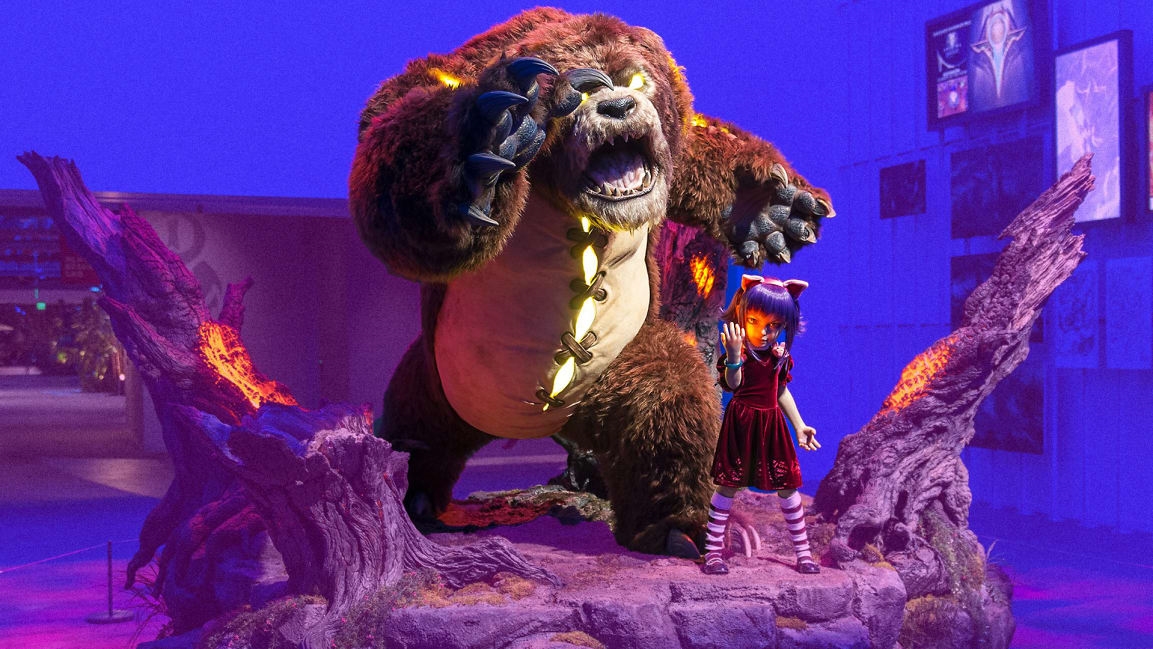Riot Games will settle gender discrimination lawsuit for $100 million
Riot Games, the maker of popular video games like League of Legends, says that it has struck a $100 million deal to settle a discrimination and harassment lawsuit brought by current and former female employees.
The class-action suit—filed back in 2018, after Kotaku released a devastating investigation into alleged sexism and mistreatment at Riot—was originally on course to settle for $10 million. In a wild twist, the state of California intervened, suggesting the employees could be entitled to more than $400 million because, separate from the lawsuit, two of its employment agencies were investigating sexual harassment, unequal pay, and gender discrimination at Riot.
In a statement to The New York Times, Kevin Kish, director of the California Department of Fair Employment and Housing, said he hopes the settlement will “send the message that all industries in California, including the gaming industry, must provide equal pay and workplaces free from discrimination and harassment.” Under the terms of the deal, $80 million will be split among some 1,000 employees and 1,300 contractors who worked for Riot as far back as 2014. Riot also agreed to create a diversity and inclusion program, and retain an outside firm to audit its workplace practices.
In its own statement, Riot, which is owned by Chinese tech conglomerate Tencent, said that it believes the settlement is “the right thing to do, for both the company and those whose experiences at Riot fell short of our standards and values.”
Over the past two years, the video game world has witnessed a series of sexual misconduct scandals. In summer 2020, male bosses at Ubisoft were accused of sexually harassing and abusing female workers for years, at offices in France, Canada, and Singapore. Earlier this month, Ubisoft admitted its initial response to those claims was faulty, noting that “unfortunately, people lost trust in that process.”
Meanwhile, gaming giant Activision Blizzard is facing ongoing government investigations and multiple lawsuits tied to its own allegedly toxic work culture. Last month, employees learned that CEO Bobby Kotick knew about some of the sexual misconduct claims as early as 2018. For the most part, he hid them from Activision’s board, including reports of alleged rapes, according to reporting from the The Wall Street Journal. The fallout has been swift: A petition demanding Kotick’s immediate resignation was circulated internally, and it reportedly gathered upward of 1,850 employee signatures. Some workers have also walked off the job, and employees are reportedly passing out union authorization cards, according to The Seattle Times.
The union organization effort comes just weeks after Beast Breaker developer Vodeo Games became the first officially recognized video game studio union in North America. Called Vodeo Workers United, the new union partnered with Communications Workers of America (CWA), a media labor union that’s supporting Activision workers, too. CWA has already worked with the organizers at Activision to set up a strike fund and distribute union cards so employees can vote on unionizing. Workers have reportedly raised more than $340,000 in funds so far that can help offset lost wages.
Like other big players in the industry, Activision has expressed disapproval toward unionization efforts. But despite the risks, many workers remain motivated. As one Activision worker told The Seattle Times, “Even if I’m fired, I have been part of a movement that is going to change the games industry. I might not benefit, but future people like me will.”
(24)



